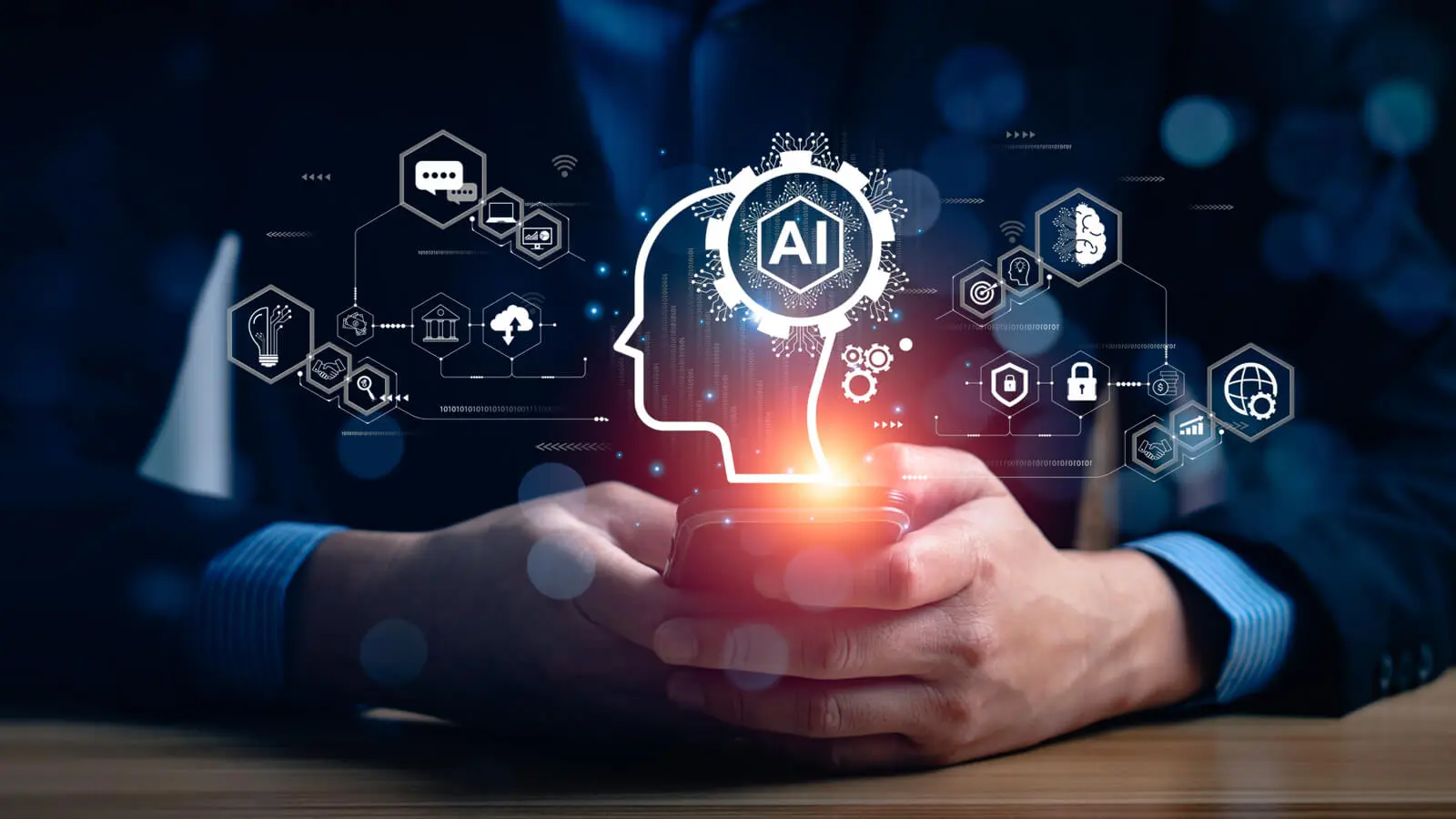
Artificial Intelligence (AI) is reshaping the world of software development at a breakneck speed. From enhancing business processes to creating new technological marvels, AI’s impact is undeniable. This blog explores the future of AI software development services, offering insights for tech enthusiasts, startups, CEOs, and CXOs.
AI and its Growing Importance in Software Development
AI is no longer a futuristic concept; it’s a reality that’s transforming our day-to-day operations. From automating mundane tasks to revolutionizing complex processes, AI has proven to be a game-changer. For tech enthusiasts and business leaders alike, understanding AI’s role in software development is crucial.
Why AI Matters
AI software development services are becoming indispensable for companies aiming to stay competitive. Businesses can leverage AI to create smarter, more efficient software solutions that promise enhanced user experience and operational efficiency.
The Scope of AI
AI encompasses various technologies such as machine learning, natural language processing, and robotics. These technologies collectively contribute to the development of intelligent systems capable of performing tasks that usually require human intelligence.
Current Trends in AI Software Development Services
Staying abreast of current trends in AI can help businesses make informed decisions. Several groundbreaking trends are driving the adoption of AI in software development.
Machine Learning Models
Machine learning models are at the forefront of AI software development. These models enable software to learn from data, making them smarter and more efficient over time. Companies are increasingly integrating machine learning into their software to offer personalized experiences.
Natural Language Processing (NLP)
NLP allows machines to understand and respond to human language. This technology is particularly useful in developing chatbots and virtual assistants, which are becoming commonplace in customer service applications.
AI in Cloud Computing
AI and cloud computing are a powerful combination. Cloud-based AI services offer scalability and flexibility, making it easier for businesses to deploy AI-powered applications. This trend is particularly beneficial for startups looking to minimize infrastructure costs.
The Impact of AI on Various Industries
AI is not confined to the tech industry; its impact spans across multiple sectors. Understanding this broad impact can help businesses identify potential applications for AI within their own operations.
Healthcare
In healthcare, AI is being used for diagnostic purposes, predictive analytics, and personalized medicine. AI algorithms can analyze patient data to predict disease outbreaks and suggest personalized treatment plans.
Finance
The finance sector is leveraging AI for fraud detection, risk management, and customer service. AI algorithms can analyze transaction data to identify fraudulent activities, significantly reducing the risk for financial institutions.
Retail
Retailers are using AI to enhance customer experience through personalized recommendations and inventory management. AI-driven analytics tools help retailers understand consumer behavior and adjust their strategies accordingly.
Challenges and Opportunities for AI in the Software Development Sector
While AI offers numerous benefits, it also comes with its set of challenges. Addressing these challenges is essential for leveraging AI software development services effectively.
Data Privacy Concerns
With AI heavily reliant on data, privacy concerns are paramount. Companies must ensure that they adhere to data protection regulations to maintain customer trust. This involves implementing robust data security measures and being transparent about data usage. Failure to protect customer data can lead to severe reputational damage and legal repercussions.
Skill Gap
The rapid pace of AI development has led to a skill gap in the workforce. Investing in training and development is crucial for companies to stay competitive. By upskilling their workforce and fostering a culture of continuous learning, businesses can harness the full potential of AI technologies. Partnerships with educational institutions and online learning platforms can also play a significant role in bridging this gap.
Ethical Considerations
AI poses ethical questions, particularly around decision-making processes. Ensuring that AI systems make fair and unbiased decisions is a significant challenge that needs addressing. Companies must develop ethical guidelines and frameworks to govern AI development and deployment. Regular audits and updates to AI systems can help in mitigating biases and ensuring ethical compliance.
The Future of AI in Software Development Predictions and Insights
Looking ahead, the future of AI in software development is promising. Several predictions and insights can help businesses prepare for upcoming trends.
Increased Automation
Automation will continue to be a key focus. AI algorithms will automate more aspects of software development, including coding, testing, and software development outsourcing, thereby reducing development time and costs. This will also lead to a shift in job roles, with developers focusing more on problem-solving and innovation rather than repetitive tasks.
Enhanced Human-AI Collaboration
The future will see more collaborative efforts between humans and AI. AI will assist developers in writing code, identifying bugs, and optimizing performance, leading to more efficient software development processes.
Industry-Specific Solutions
AI will enable the creation of industry-specific software solutions tailored to meet the unique needs of different sectors. This customization will drive greater adoption of AI software development services across various industries.
How Startups and Established Companies Can Leverage AI Services
Both startups and established companies can benefit from integrating AI into their operations. Here’s how they can do it effectively:
Identifying Business Needs
The first step is to identify specific business needs that AI can address. This could range from automating customer service to improving data analytics capabilities. By understanding the precise challenges and opportunities within the organization, companies can tailor AI solutions to effectively meet these demands.
Partnering with AI Experts
Collaborating with AI experts can help businesses implement AI solutions more efficiently. These experts can provide valuable insights and help overcome technical challenges. By leveraging the expertise of seasoned professionals, companies can ensure smooth integration and robust performance of AI systems.
Continuous Improvement
AI is an evolving field. Businesses must continuously monitor and improve their AI systems to stay competitive. Regular updates and training are essential for maximizing the benefits of AI. Continuous improvement initiatives can include performance reviews, algorithm updates, and ongoing training programs to keep the AI systems optimized and aligned with evolving business goals.
Conclusion
AI is undoubtedly shaping the future of software development. Its ability to automate processes, enhance decision-making, and provide personalized experiences makes it a crucial tool for businesses. By staying informed about current trends, addressing challenges, and leveraging AI software development services effectively, companies can position themselves for success in an increasingly competitive landscape.



